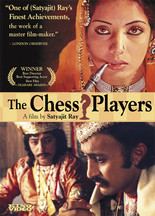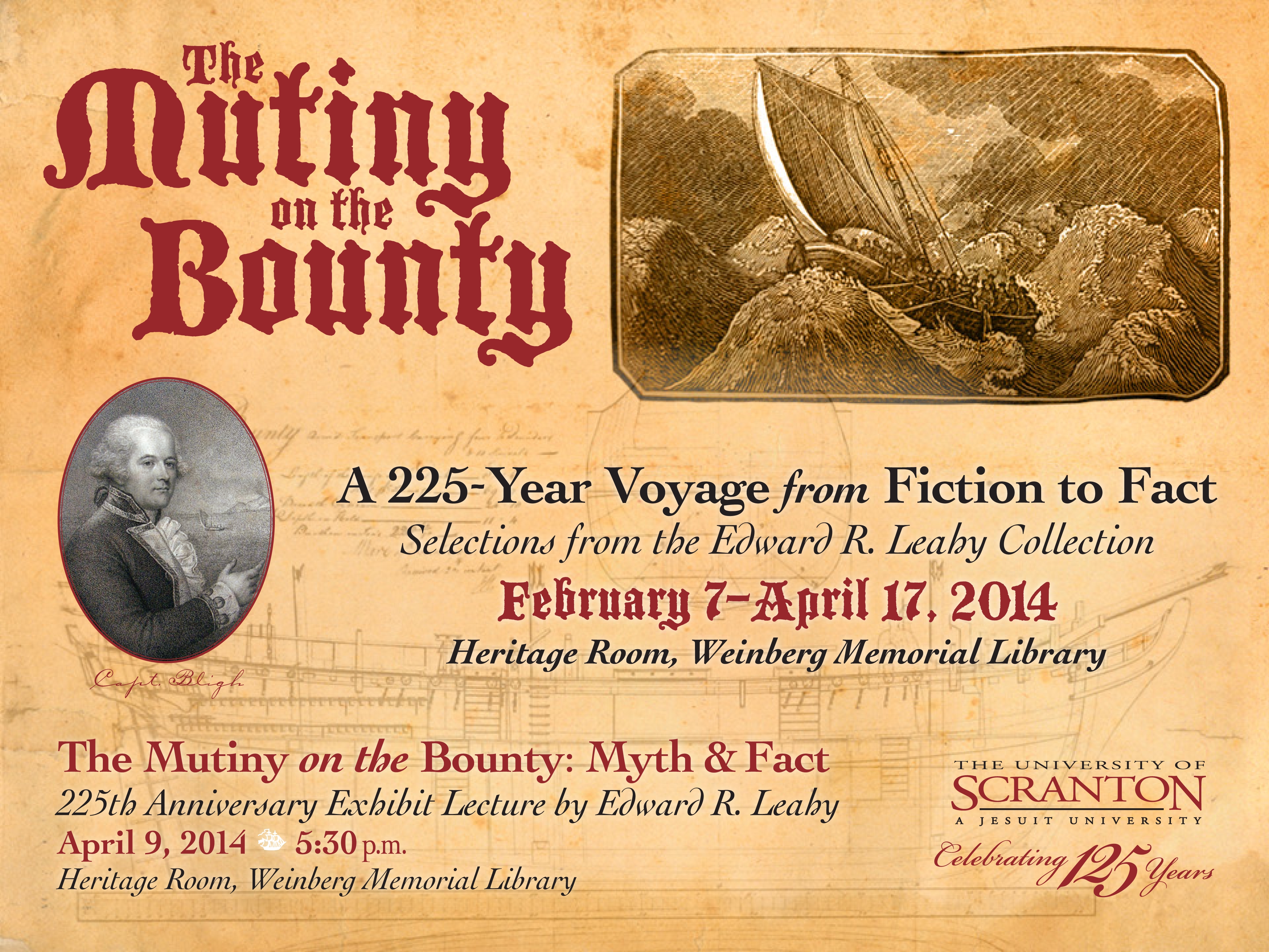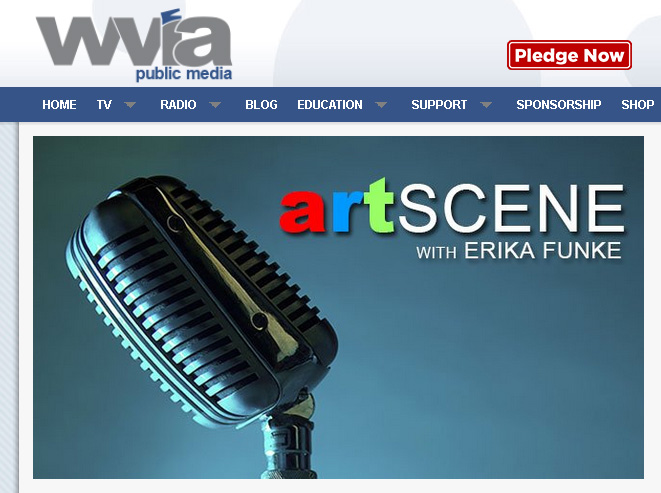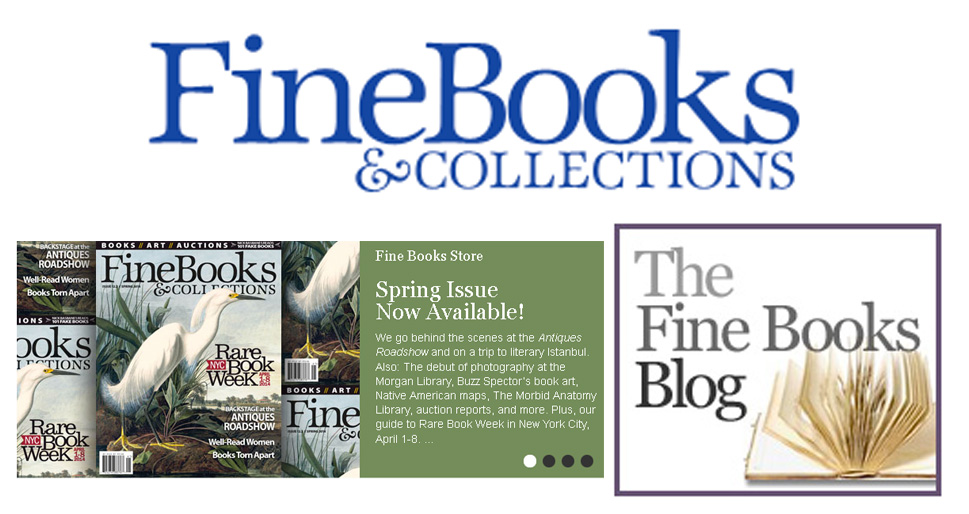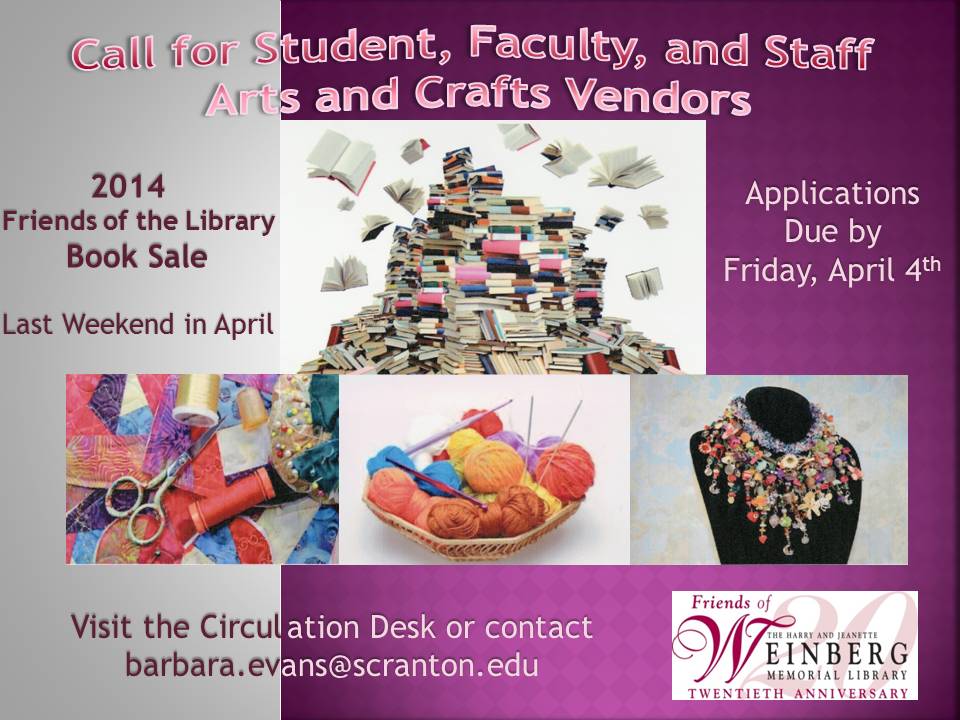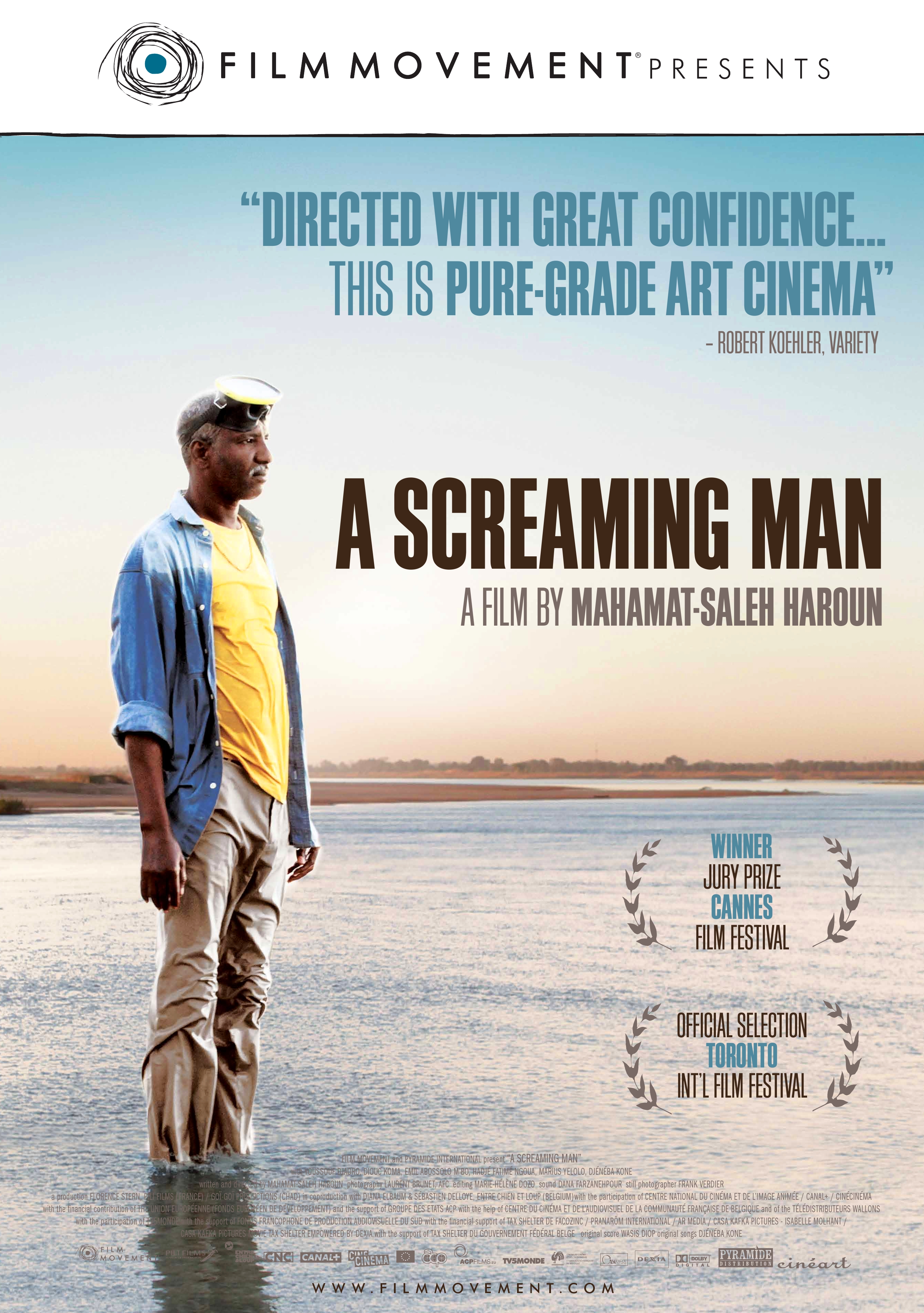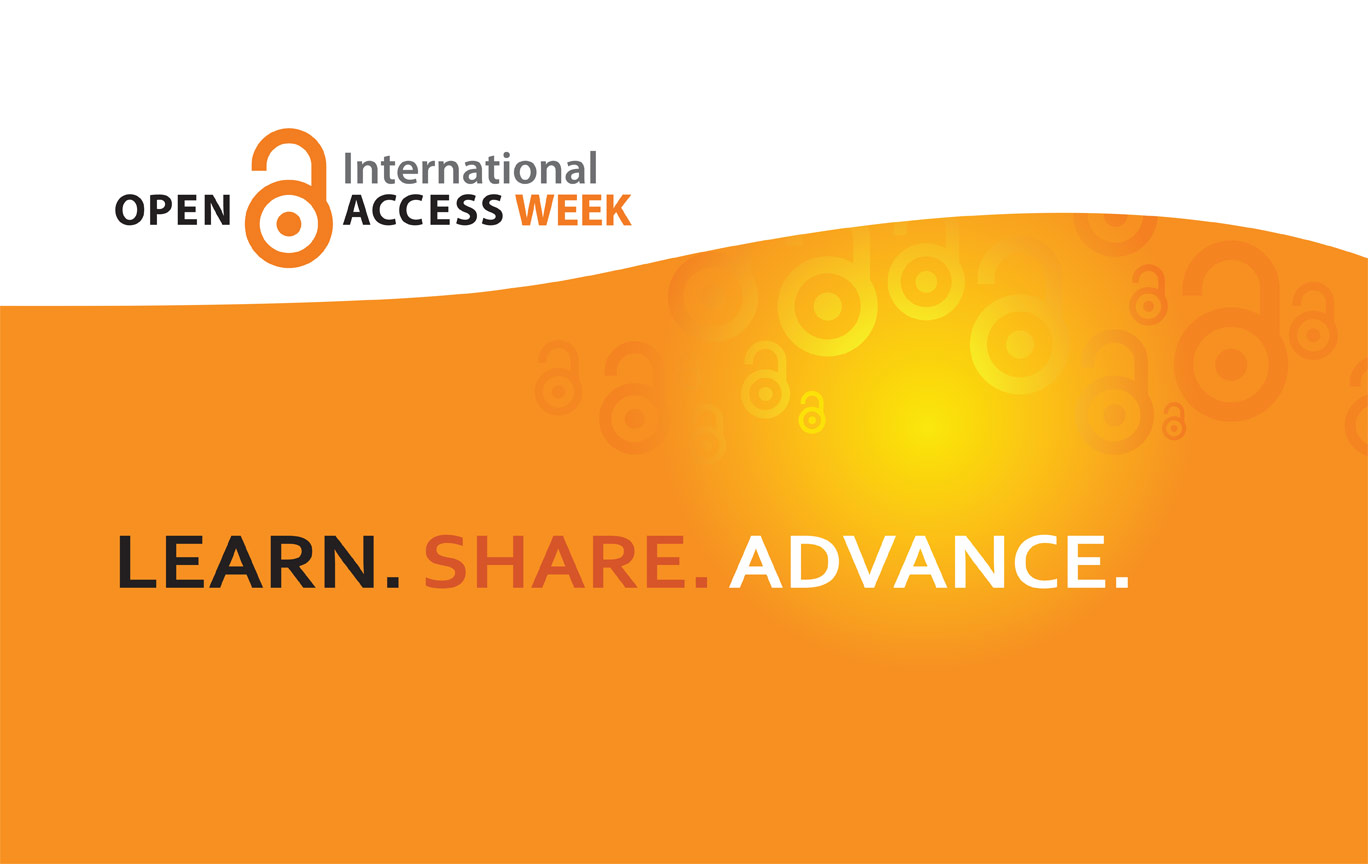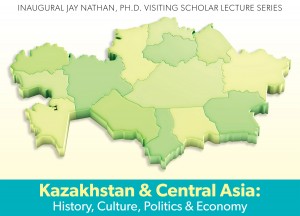 The University of Scranton has established The Jay Nathan, Ph.D. Visiting Scholar Lecture Series at the Harry and Jeanette Weinberg Memorial Library. The inaugural lecture in this series, titled “Kazakhstan & Central Asia: History, Culture, Politics & Economy,” occurred on Wednesday, April 2, at 5:30 p.m. The panel discussion, which was free of charge and open to the public, took place in the Scranton Heritage Room of the Weinberg Memorial Library.
The University of Scranton has established The Jay Nathan, Ph.D. Visiting Scholar Lecture Series at the Harry and Jeanette Weinberg Memorial Library. The inaugural lecture in this series, titled “Kazakhstan & Central Asia: History, Culture, Politics & Economy,” occurred on Wednesday, April 2, at 5:30 p.m. The panel discussion, which was free of charge and open to the public, took place in the Scranton Heritage Room of the Weinberg Memorial Library.
The mission of the lecture series is to invite international scholars and professionals from economically challenged or politically suppressed nations to address issues that will enrich the intellectual life of the University community and the residents of our region.
The oil-rich nation of Kazakhstan, located in the heart of Asia, occupies more area than Western Europe. Since declaring its independence from the Soviet Union in 1991, this ethnically and culturally diverse nation has pursued a balanced foreign policy and grown economically.
The inaugural lecture featured the series namesake, Jay Nathan, Ph.D., Professor of Management at St. John’s University, Queens, N.Y. Dr. Nathan was a Fulbright Scholar to Kazakhstan and a visiting professor and Ph.D. advisor to the Eurasian National University in Astana, the nation’s capital. He is an honorable professor of the Karaganda University of Economics, also in Kazakhstan. Previously, Dr. Nathan was a professor at the Kania School of Management at The University of Scranton. A lifetime member of the Fulbright Association, he serves on the board of the Philadelphia/Delaware Valley Chapter. Passionate about international business development in poor and emerging countries, Dr. Nathan is the author of “Kazakhstan’s New Economy: Post-Soviet, Central Asian Industries in a Global Era.”
Joining Dr. Nathan on the panel for “Kazakhstan & Central Asia: History, Culture, Politics & Economy” was Kairat Umarov, Kazakhstan’s Ambassador Extraordinary and Plenipotentiary to the U.S.; William Courtney, senior principal for policy strategy at Computer Sciences Corporation; and Nancy Neill, facilitator of management discussions of vision, values and strategy and founder of the Atlanta Communications Group.
His Excellency Umarov graduated with honors from Almaty Pedagogical Institute of Foreign Languages with fluency in Kazakh, Russian, English and French. He has served as the deputy foreign minister of the Republic of Kazakhstan and as deputy director of the European States Department in the Ministry of Foreign Affairs from 2004 to 2009. He concurrently held positions as Kazakhstan’s Ambassador Extraordinary and Plenipotentiary to both India and Sri Lanka.
William Courtney, a retired Foreign Service officer with the U.S. Dept. of State, advised on the reorganization of foreign affairs agencies; served as special assistant to the President for Russia, Ukraine and Eurasia; and was U.S. Ambassador to Georgia and Kazakhstan. He has served as U.S. Commissioner with rank of Ambassador in negotiations with Russia to implement the Threshold Test Ban Treaty, U.S. deputy negotiator in U.S.-Soviet Defense and Space talks in Geneva, deputy executive secretary of the National Security Council staff, and special assistant to the Under Secretary of State for Political Affairs.
Nancy Neill has appeared as a guest lecturer in communication for Emory University’s Goizueta Business School and for Georgia State University. She has served several nonprofit organizations including CARE, the Carter Center and the New York Blood Center. An award-winning short story writer, Neill is the co-author of the book “Real Collaboration: What it Takes for Global Health to Succeed,” and the author of “More than Bricks and Mortar.” She currently serves on the board of the Fulbright Association and is past president of the Georgia Chapter.
For more information on “Kazakhstan & Central Asia: History, Culture, Politics & Economy,” call 570-941-7816 or email kym.fetsko@scranton.edu.
